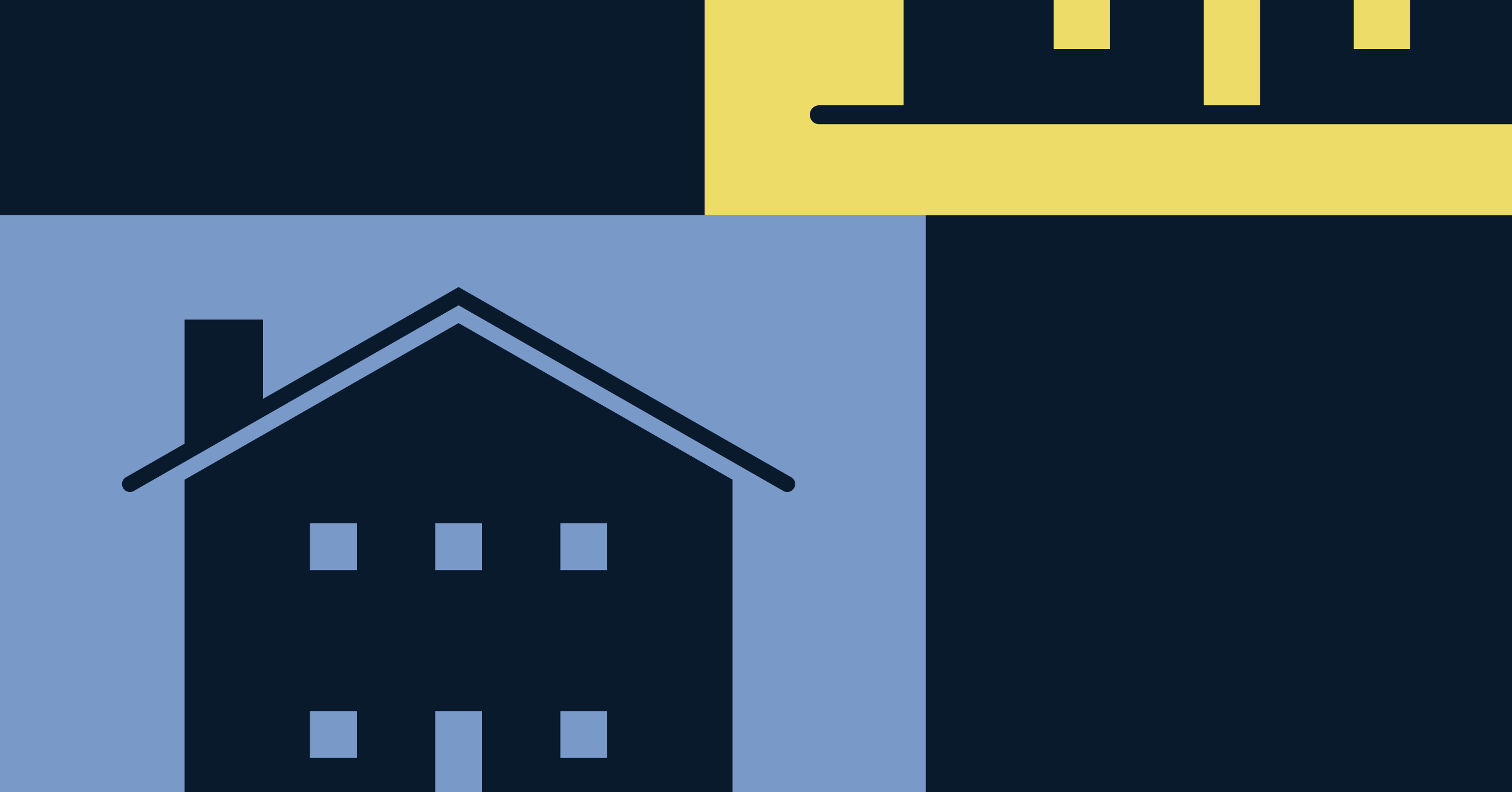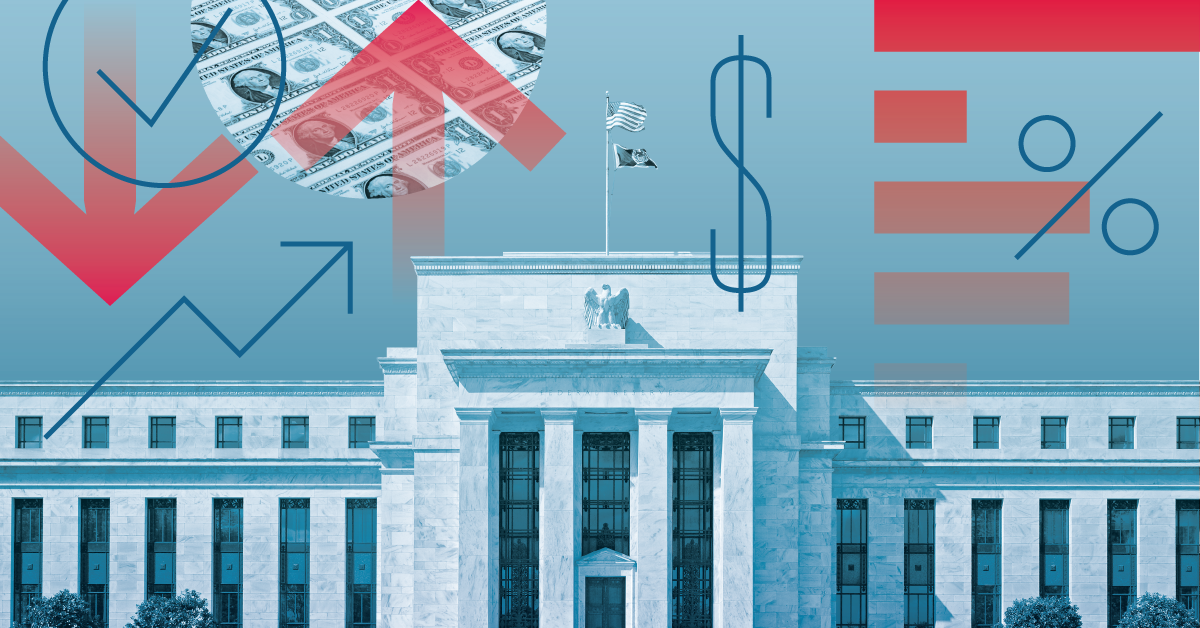
With the Bank of Canada cutting interest rates for the third time, potential homebuyers have a choice: pulling the trigger now or holding off a little longer for further improvements in affordability and borrowing costs.
On Wednesday, the Bank of Canada announced a widely anticipated quarter-point cut in its key overnight policy rate to 4.25% from 4.50%. With Canada’s latest inflation report showing a steady decline to 2.5% from over 8.0% in 2022, further interest rate cuts are expected this year and into 2025.
The move carries significant implications for Canadian homebuyers, particularly those waiting on the sidelines. Mortgage rates generally follow the central bank’s overnight interest rate. After the Bank of Canada’s previous rate cuts, all major Canadian lenders lowered their mortgage rates. The average five-year fixed rate from the Big Six banks has dropped from 5.5% at the start of this year to about 4.5% now, and it may decline further after Wednesday’s cut. This shift in monetary policy could make homeownership more attainable for many Canadians.
What Drives Mortgage Rates?
Inflation doesn’t directly impact fixed mortgage rates. Those are influenced by government bond yields, which have been trending lower. However, central banks often use interest rates as a tool to tame inflation. Lower overnight rates in turn put downward pressure on mortgage rates.
“The only direct relationship between inflation and mortgage rates involves variable mortgage rates,” explains Clay Jarvis, spokesperson and real estate expert at NerdWallet Canada. “When inflation is high, the Bank of Canada ratchets up its overnight rate, which results in higher variable mortgage rates. As inflation decreases, which we’re currently seeing, the Bank lowers the overnight rate, leading to lower variable rates.”
While a Bank of Canada rate cut or hike initially impacts variable-rate mortgages, its effects eventually work their way into fixed-mortgage rates.
In the short term, mortgage rates also respond to factors such as perceived credit risk, government debt issuance, market liquidity, housing demand, and global asset flows.
Mortgage Rates Coming Down
Following Wednesday’s cut, variable rates will be 75 basis points lower than they were in June. However, they remain above 5%, which means homebuyers will still face high monthly payments and a challenging mortgage stress test.
“The Bank of Canada would need to shave variable rates by a full percentage point to bring them in line with today’s lowest fixed rates,” saysJarvis, noting that such a reduction may not happen until next year.
While fixed rates have been steadily decreasing, offering a more affordable option, they remain prohibitively elevated for many first-time homebuyers. Consequently, some existing homeowners have chosen to bite the variable-rate bullet, with the hope of locking in fixed rates when they shrink further in 2025.
“The economy is slowing, and rates remain undeniably restrictive,” asserts mortgage strategist Robert McLister. “A 4.25% overnight rate is like trying to run an economic marathon with weights tied to your ankles.”
He notes that it typically takes 12-18 months for rate cuts to filter through to the economy. The first signs of improvement are likely to be seen in housing sentiment. “People believe Canada’s housing market is undersupplied and will rebound once rates fall sufficiently,” he explains.
For now, though, the road to homeownership is riddled with potholes like “decaying employment, restrictive rates, and semi-absurd unaffordability,” McLister adds.
Is Now a Good Time to Buy a Home?
Canadian lenders are expected to respond to Wednesday’s rate cut by dropping mortgage rates. The question for prospective homebuyers is whether to enter the market now or wait for potential lower rates.
Jarvis notes that while mortgage rates are an important factor, they are only one part of the equation. Another crucial aspect to consider is affordability. As of 2024, borrowers must pass a stress test to prove they can handle their mortgage at a rate of 5.25% (known as the Mortgage Qualifying Rate, or MQR) or their contract rate plus 2.00%--whichever is higher.
“If you’re waiting for rates to drop because it’s the only way you can qualify for a mortgage, you don’t really have a choice,” says Jarvis. “You’re better off using this time to build up your down payment and pay down [existing] debt, so you’ll be in a stronger position when it’s time to secure financing.”
The Advantages of Waiting to Buy a Home
Waiting longer offers distinct advantages. It affords borrowers the opportunity to reduce other forms of debt and improve their debt service ratios. Additionally, it gives prospective homebuyers more time to increase their down payment, which can help them pass the stress test and lower their mortgage payments.
Either way, borrowers must have a good idea of where their finances are, Jarvis says: “I would never, ever encourage someone to buy a home before they, and their creditors, feel they’re ready.”
That said, first-time homebuyers must also consider the impact of lower mortgage rates on home prices before deciding when to lock in what could be the biggest debt of their lives. Lower rates generally enhance affordability, which can increase demand and drive up home prices.
“There’s no clear advantage to waiting for lower rates, as they typically create offsetting demand,” cautions McLister. “However, this doesn’t mean there’s an urgent need to buy next month to beat the crowd.” He notes that if the benchmark rate drops 0.75% by Christmas, as the forward markets imply, significant demand could return to the market by the first quarter of 2025, potentially pushing prices higher by spring.
Will Canadian Home Prices Fall?
Jarvis cautions that following the surge in home prices during the pandemic, buyers may find themselves overpaying in almost any market. “I wouldn’t trust anyone who claims they can predict the market two years out,” he says. “In the near term, high debt and diminished savings will prevent many Canadians from purchasing homes.” However, once mortgage rates dip by another 1%, the market should be fully back to life, which will likely put upward pressure on prices, he adds.
McLister predicts that it may take about a year for mortgage rates to drop by a full 1.0% to 1.5%. He remains bearish on the Canadian real estate market in the short term. “For several months, we’ll see job losses mount, cuts to non-permanent residents, prices will stay unaffordable for most renters, rates will remain restrictive, and home building will climb above its long-term trend,” McLister forecasts.
Looking ahead to the next year, his outlook turns more bullish as rates are expected to fall, incomes should rise, and the flow of permanent residents into Canada continues.
Key Factors for First-Time Home Buyers
When buying a home, focus on regions with positive economic momentum and net migration. “If you can’t do that because your circumstances anchor you to a given area, buy the most modest home you’re comfortable in and invest the balance of your free cash flow in something other than your home,” advises McLister.
The issue of affordability forces many first-time buyers to consider homes in areas they might not otherwise choose. “One of the best pieces of advice I ever received was to spend time in the city where you’re considering buying to ensure it’s a place you’ll be happy living in,” says Jarvis.
Consider factors such as the availability of necessary amenities, the impact on your social life, and any additional commuting costs. “Paying off a mortgage can be a long and stressful process,” says Jarvis. “You don’t want to put yourself in an unsatisfying situation if it’s going to add to your stress.”
Approach homeownership with the mindset of finding a place to call home and raise a family, rather than as an investment for outsized gains. Manage your expectations for any financial windfall in the foreseeable future. “If you get into the market in the next six to 12 months, be prepared for your home to appreciate slowly, if at all,” warns Jarvis. “The days of houses appreciating 10%-15% per year are likely over. And that’s a good thing.”





.jpg)













